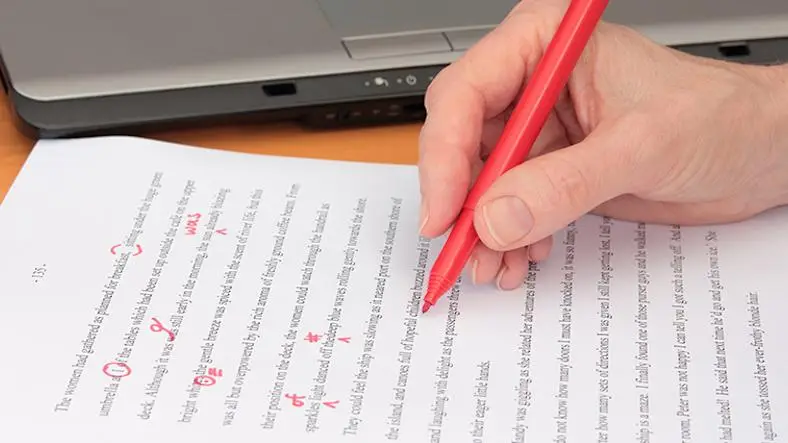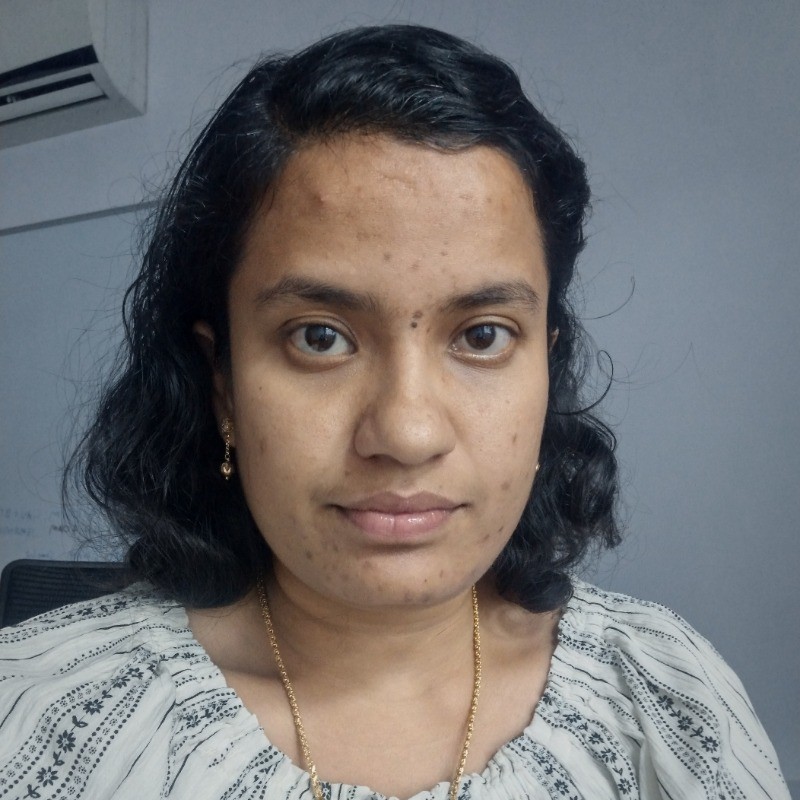Proofreading is the process of looking for and correcting errors in your work i.e. finding and correcting spelling, grammar, punctuation, consistency and errors.
Proofreading is the last step in your writing and editing process.
You should have written and edited your work for general coherence and flow before proofreading.
First things first: a manuscript always starts with the development edit. A developmental editor focuses on the "big picture" of a book, substantively editing that story's character arcs, plot development and themes.
Then the manuscript is passed onto a copy editor, who works on the sentence-level details of a manuscript. Finally, the proofread follows the copy edit and is the last major stage of the editing process before publication.
Proofreaders are in charge of uncovering any and all mistakes that may have been missed or overlooked in the previous stages of editing.
TIPS
1. Read out loud
The truth is, your eyes can deceive you - and this is especially true if you're reading on a screen, where your eyes are quick to tire.
2. Proofread for only one kind of error at a time
If you try to identify and revise too many things at once, you risk losing focus and your proofreading will be less effective.
It's easier to catch grammar errors if you aren't checking punctuation and spelling at the same time.
3. Proofreaders require a keen eye and attention to detail
A proofreader's responsibilities include double-checking (and triple-checking) works for errors and mistakes, such as:
- Typographical errors, or "typos"
- Inconsistencies in style or layout
- Awkward page and word breaks
- Missing punctuation and spelling mistakes
- Any other issues that might spoil the reading experience
4. Know your style guides
Style guides are manuals that provide standard guidelines for the formatting and design of various documents. If you're going to become a proofreader, you're going to want to know them like the back of your hand.















